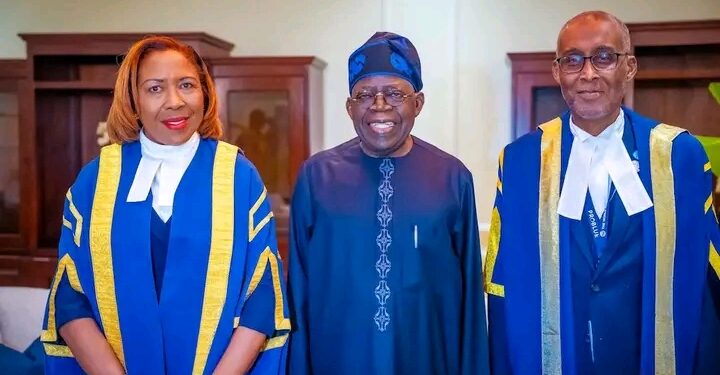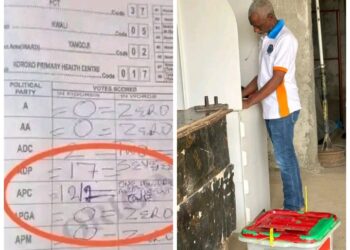President Bola Ahmed Tinubu has announced that a scholarship program designed for students from the Organisation of Eastern Caribbean States (OECS) to study in Nigerian universities will commence with the next academic session.
He made this known during a joint press briefing with Saint Lucian Prime Minister, Philip J. Pierre, following a high-level luncheon with OECS leaders in Gros Islet, Saint Lucia.
President Tinubu described the move as a concrete step toward deepening ties between Nigeria and the Caribbean bloc. He noted that the scholarship initiative aligns with broader plans aimed at enhancing cooperation in areas such as education, trade, and development.
He also revealed that discussions are already underway for the implementation of a visa waiver policy for holders of diplomatic and official passports from OECS nations. He stressed that Africa and the Caribbean are closely linked and share opportunities for mutual growth in sectors such as agriculture, food security, and capacity building.
“I believe we can take advantage of our presence here to get from the fruit that is lower to us and then reach the opportunity we have right here.”
“The Organisation of Eastern Caribbean States is very close to us in Africa, and I thank them for the opportunity to address the joint session of Parliament and actualize our dreams of getting closer to facilitate business and education opportunities, capacity building, and look at other areas of agriculture and food security.
“We can easily do that by having a working commission. And we don’t have to look farther away. The organization itself has indicated several actions. We are moving forward from there. We won’t drop the ball,” he said.
The new scholarship program, developed in partnership with OECS leadership, will be managed by a bilateral committee composed of representatives from both Nigeria and the OECS. The team is expected to finalize the details and ensure that selected students commence their studies in Nigerian universities in the upcoming academic year.
When asked about possible obstacles to expanding cooperation across various sectors, President Tinubu responded by emphasizing action and focus.”I don’t look at difficulties. I look at problem-solving. And that is why the working lunch promoted a quick understanding of the expected difficulty level.
“If we take a geometric definition of a straight line, which is the quickest point between two points — if we move on a straight line, we get our goal achieved, and there will be no problems.”
Prime Minister Pierre welcomed the initiative, calling it timely and impactful.
“We expect students to begin their studies in Nigeria in the next academic year, based on the President’s directive. This is immediate action,” the Prime Minister said.
He also confirmed that improving visa processes remains a priority. A proposal to include reciprocal arrangements for OECS countries is currently being reviewed by the Nigeria–OECS Joint Committee, alongside efforts to boost trade, tourism, and air travel links.
“Well, at the joint meeting, we discussed that. Additionally, there are some islands in the OECS, such as St. Kitts, where visa requirements do not apply.
“We said that the committee will deal with all these issues, and the first on the agenda will be the people-to-people exchange, which will come with the visa requirements. So we hope to have a speedy answer to that as soon as possible.”
The initiative signals a renewed diplomatic momentum between Africa’s most populous nation and Caribbean partners, driven by a shared vision of closer cooperation.





